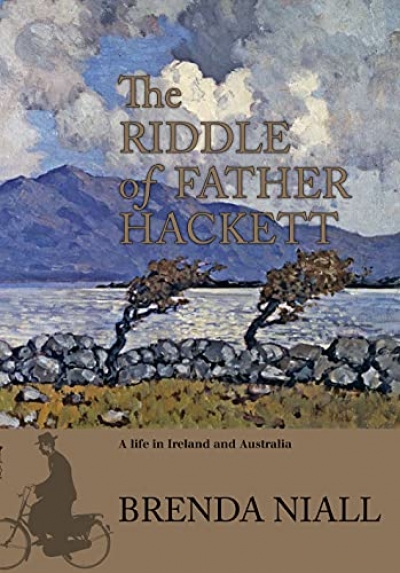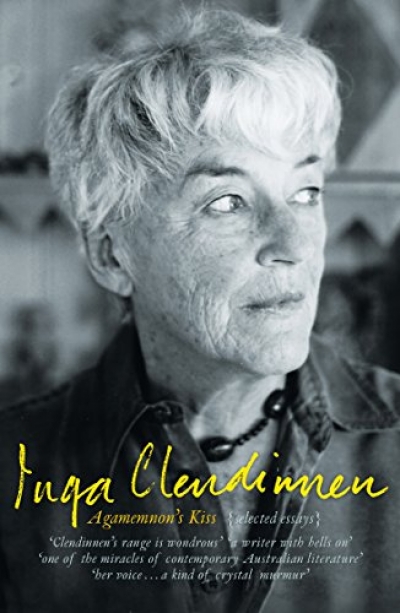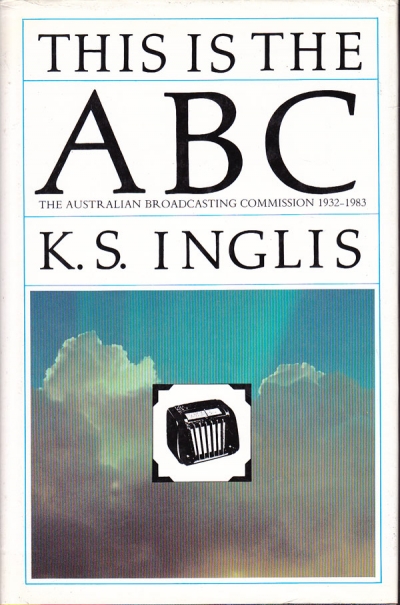Accessibility Tools
- Content scaling 100%
- Font size 100%
- Line height 100%
- Letter spacing 100%
Morag Fraser
The Clinton Tapes by Taylor Branch & The Death of American Virtue by Ken Gormley
In the anniversary week of Barack Obama’s election, the New York Yankees won the World Series, as all the world surely knows by now. The victory might have guaranteed a celebration, even in an America where unemployment hit ten per cent in the same week, but the glitz of the Yankees’ Friday ticker-tape parade through Lower Manhattan’s sombre but not sobered financial district was overshadowed by the news of the mass shooting at Fort Hood in Texas by American-born Major Nidal Malik Hasan.
... (read more)The Riddle of Father Hackett: A life in Ireland and Australia by Brenda Niall
John Reed would have relished it. He could have stood in Times Square in mid-October and watched as the neon newsflash chronicled the fall of capitalism as we know it. And felt the tremor. The difference now is that the ripple effect of seismic events spreads almost instantly. As Wall Street gyrated, banks in Iceland collapsed, and British police departments and local councils faced billion-dollar losses because their investments in Iceland had suddenly gone sour. British bobbies investing in Icelandic banks? Why on earth? That’s a wisdom-in-hindsight ques-tion, of course, but wisdom has been running so far behind delusion for decades that one wants to ask it anyway. Thomas Friedman began his New York Times column for October 19 by asking, ‘Who Knew? Who knew that Iceland was just a hedge fund with glaciers? Who knew?’ His repe-titions underscored the absurd face of the financial tragedy. The implications of the question – who is responsible? – reverberated around the world.
... (read more)John Button was rare man, rare for any time, any place and in any calling. The public face – the Senator John Button, long-time Leader of the Government in the Senate, the hands-on, hard-hat minister of the Button car plan, the policy innovator and party reformer, the straight talker, unbridled political wit, notorious doodler, note writer, and scribbler of politically incorrect postcards to Senator Bronwyn Bishop (imagine it!) – that is the John Button Australia knows. His achievements have been many and they are exemplary.
... (read more)Cultural Amnesia: Notes in the margin of my time by Clive James
Dennis Altman
In any given year we will read but a tiny handful of potential ‘best books’, so this is no more than a personal selection. Here are two novels that stand out: Stephen Eldred-Grigg’s Shanghai Boy (Vintage) and Hari Kunzru’s Tranmission (Penguin). Both speak of the confusion of identity and emotions caused by rapid displacement across the world. The first is the account of a middle-aged New Zealand teacher who falls disastrously in love while teaching in Shanghai. Transmission takes a naïve young Indian computer programmer to the United States, with remarkable consequences. From a number of political books, let me select two, both from my own publisher, Scribe, which offers, I regret, no kickbacks. One is George Megalogenis’s The Longest Decade; the other, James Carroll’s House of War. Together they provide a depressing but challenging backdrop to understanding the current impasse of the Bush–Howard administrations in Iraq.
... (read more)Agamemnon’s Kiss by Inga Clendinnen & Quarterly Essay 23 by Inga Clendinnen
This is the ABC: The Australian Broadcasting Commission 1932–1983 by Ken Inglis
To celebrate the best books of 2005 Australian Book Review invited contributors to nominate their favourite titles. Contributors include Morag Fraser, Peter Porter, Kerryn Goldsworthy, Nicholas Jose and Chris Wallace-Crabbe.
... (read more)




